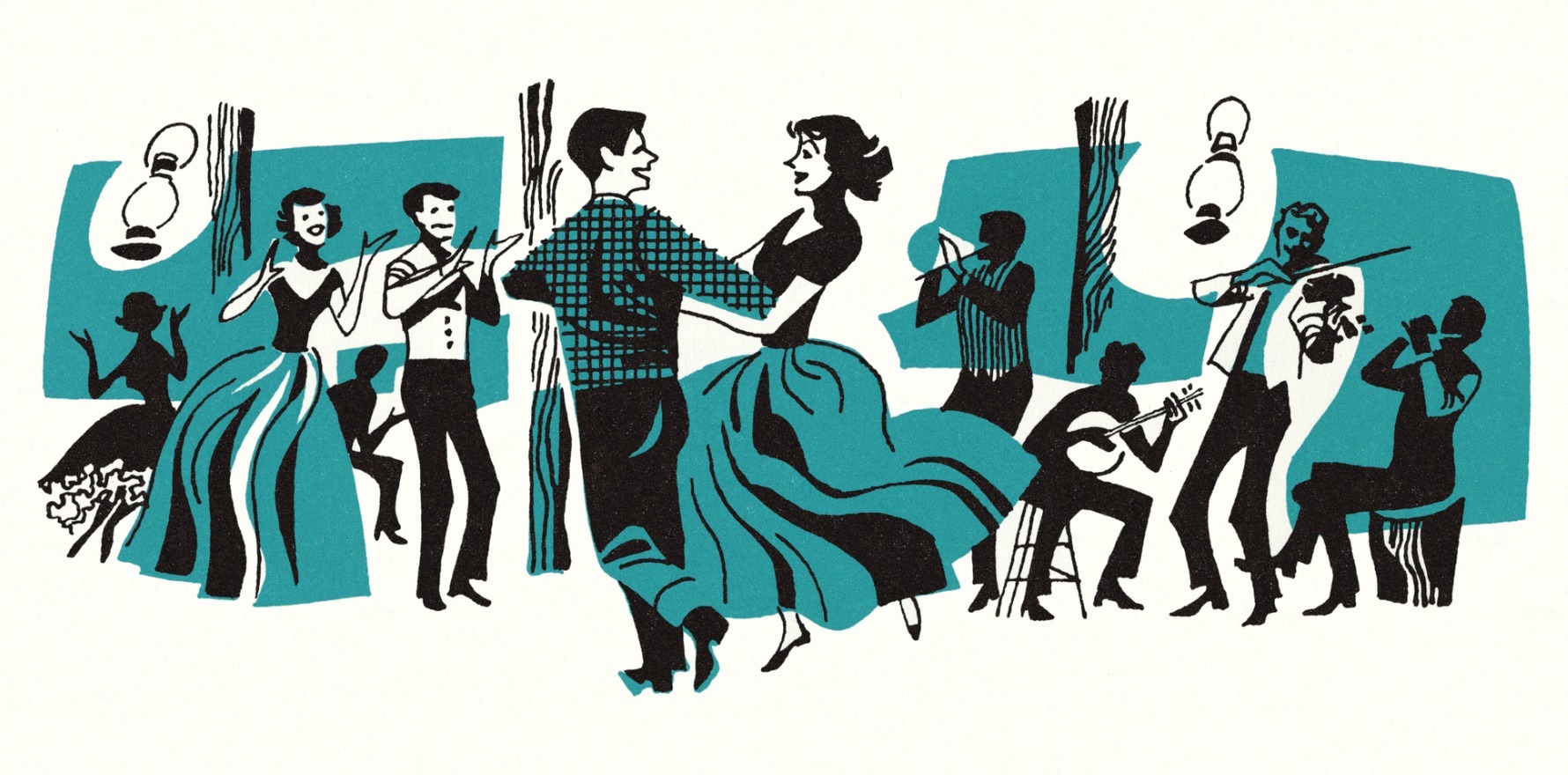Rural medicine can be wonderful. But romantic relationships – either having one, or not – can be the hardest thing about it.
The question of how to get more medical graduates to go rural has plagued successive governments since at least the early 2000s.
While current recruitment efforts – which focus on selecting students from a rural background and encouraging them to complete rotations in rural areas – show some hope, it will still be years before those recruits graduate and can start alleviating the pressure for current rural doctors.
Here’s the good, bad and ugly of starting out in rural medicine, as told by two country Queensland GPs.
Dr Aletia Johnson, a GP who now works in the semi-regional city of Ipswich, went into university on one of the first versions of a rurally bonded scholarship.
In exchange for a yearly sum of money provided by Queensland Health – not, as in later versions of the scheme, the federal Department of Health – she agreed to do four years return of service in a rural area once graduating.
“I took the scholarship for the money, if I’m honest,” Dr Johnson told The Medical Republic.
“But I also took it because my dad was a GP, and he was a rural bonded scholar and he was a really good doctor.”
She figured that, at the very least, rural medicine would be “an adventure”.
For the most part, she figured right – there was even a joke around the Goondiwindi hospital, where she worked early in her career, that it wasn’t a proper shift for Dr Johnson unless she had to call for a plane or helicopter to retrieve a patient at least once.
“I got really good at not panicking,” she said. “In fact, when I was in Rockhampton I got in trouble for not panicking enough.
“When I was a JHO in paediatrics, one of my first nights that I was doing the registrar shift there was a little kid who’d been bitten by a brown snake.”
The child’s groin lymph nodes were swollen, he had scratches on his legs, his blood test came back showing INR as off the charts and a snake venom detection kit test came back positive for brown snake venom.
“I rang the boss to say, ‘look, I’ve got this child, he’s been bitten by a brown snake and we’re going to put him in intensive care and give him some antivenom, is that okay?’” Dr Johnson said.
“And the answer was, ‘oh, no one’s ever actually bitten by a brown snake, they just think they have’ – and I’m like, ‘no, he definitely has’.”
The next day Dr Johnson was hauled over the coals. The other doctor hadn’t taken her brown snake claim seriously because “You weren’t panicking”.
After finishing up her rural return of service, Dr Johnson went back to the city for a while.
“It was a real shock to the system because the only job I could get was as a junior doctor, and I’d been a medical officer with right to private practice,” she said.
“I’d essentially been lightly supervised, but mostly in charge – [most] shifts I had been the only doctor at the hospital.
“Then then I come back and I’m a resident and it really drove home to me what the gaps in your knowledge are if you only train in the city and you only train in your specialty. You just don’t get that broad knowledge.”
Still, going rural had its drawbacks for Dr Johnson.
“It was really lonely, and I think that’s the main reason that it’s hard to work in the country,” she said.
“It’s the loneliness. That’s the problem, not the money.
“I mean, I had a lot of money and it was great, but it comes at a cost and for a lot of people the cost isn’t worth it.”
While the challenge for a lot of the doctors who want to go rural lies in the logistics of finding work for a spouse and a school for any children they might have, Dr Johnson experienced almost the opposite problem.
“You’re not allowed to date your patients,” she said, “And in a small town, everyone is your patient.”
Working in the town of Gympie, Dr Johnson thought she’d maybe met someone, a mechanic, but it was not to be. He asked her out one day after she left town for Goondiwindi, five hours’ drive away.
“I would have said yes if he had asked me the day before,” she said.
“When you’re five or six hours away from the person you’re thinking about going out with and working 80 hours a week, it does make it a bit tricky to socialise.”
The undateability of rural doctors is something that also plays on the mind of Toowoomba-based GP Dr John Gillett.
Dr Gillett, who was a founding member of the Rural Doctor’s Association of Queensland back in the 1970s, is in a later stage of his career than Dr Johnson. But that isn’t to say he’s out of ideas.
“This is an issue where everything [so far] has failed,” he told TMR.
“Why shouldn’t we try something radical? It can’t be any worse, can it?”
In his years trying to recruit doctors for Toowoomba, the biggest stumbling block he came across was spousal acceptance.
“My thinking is that [medical schools] should do their interviews in the bush,” he said.
“And promise to provide everything – you put them through uni, you pay their HECS and you give them a good run.
“Then you’ve got to ask them, ‘is there a significant other on board?’ and if there is, we have to interview that person, probably before we interview the potential doctor.
“If the significant other is not accepting of that career choice, then there’s no point going forward.”
That’s just one aspect of Dr Gillett’s plan. He would also like to see these rural-origin medical students required to go to a few rural social events per year – like the famed Bachelor and Spinster Balls.
“Going to social functions in the bush, the odd person will meet their partner there,” he said.
Beyond potentially fostering a romantic relationship, Dr Gillett argues that mandating attendance at certain social events will help rural medical students keep their focus squarely on the bush.
“When [they] ask a girl up for the first dance, before the kiss happens, they’ve got to be saying ‘hey, I’m going to the bush, and don’t kiss me if that couldn’t be on your agenda,’” he said.
“Then there’s no shocks coming up.”







